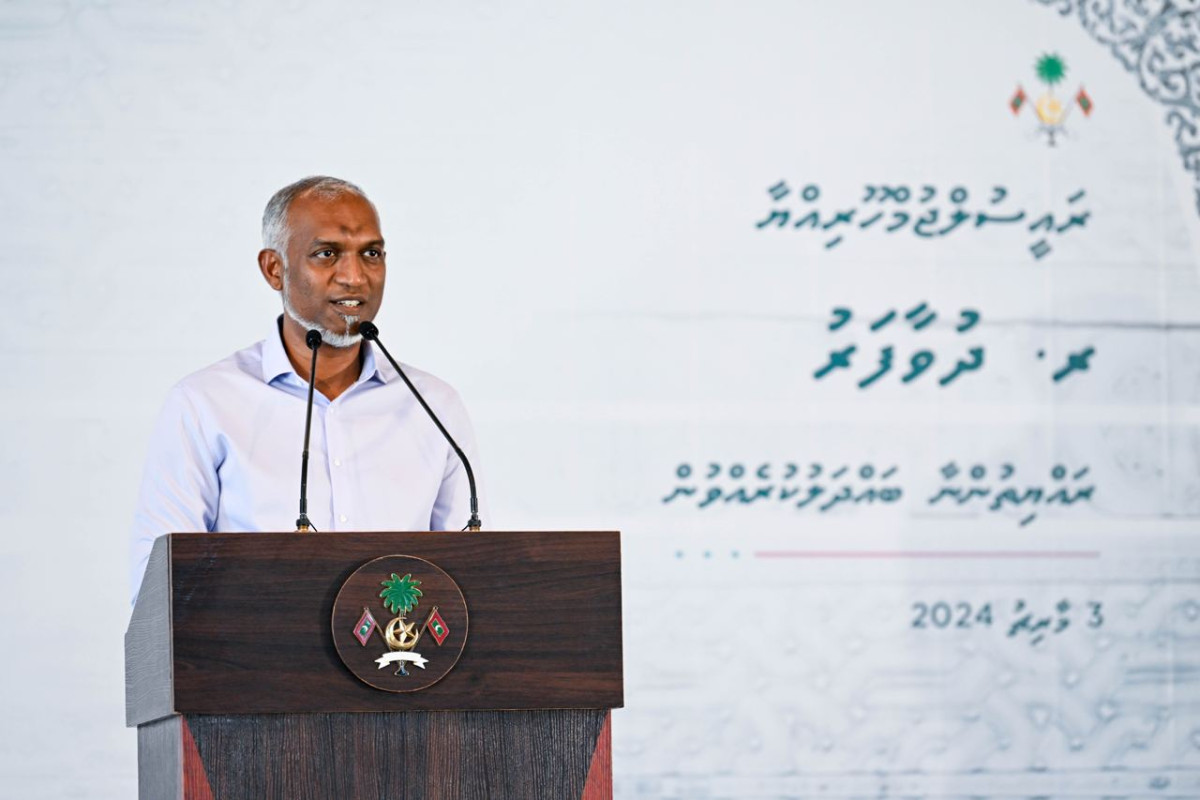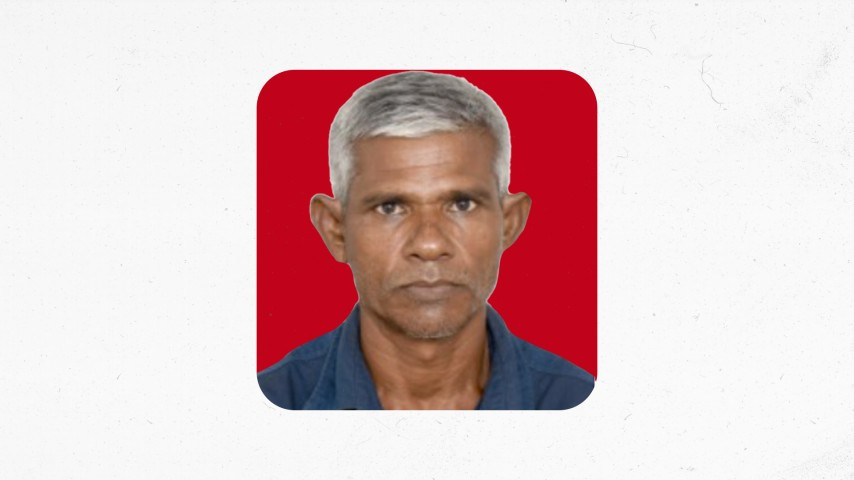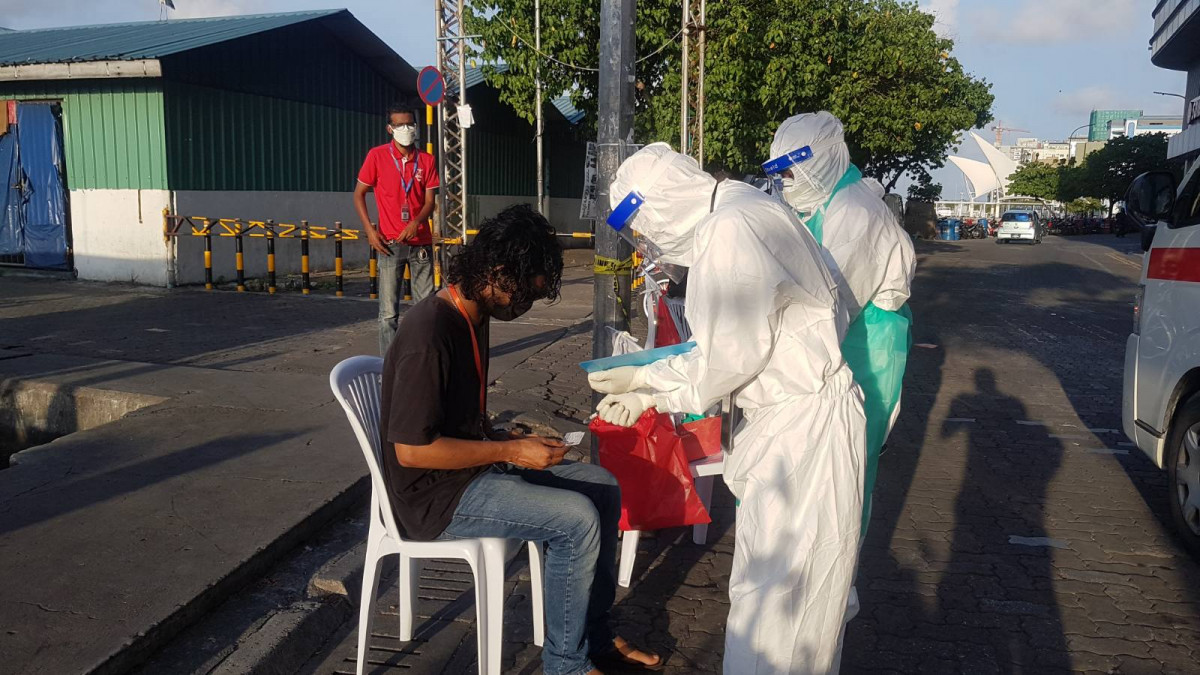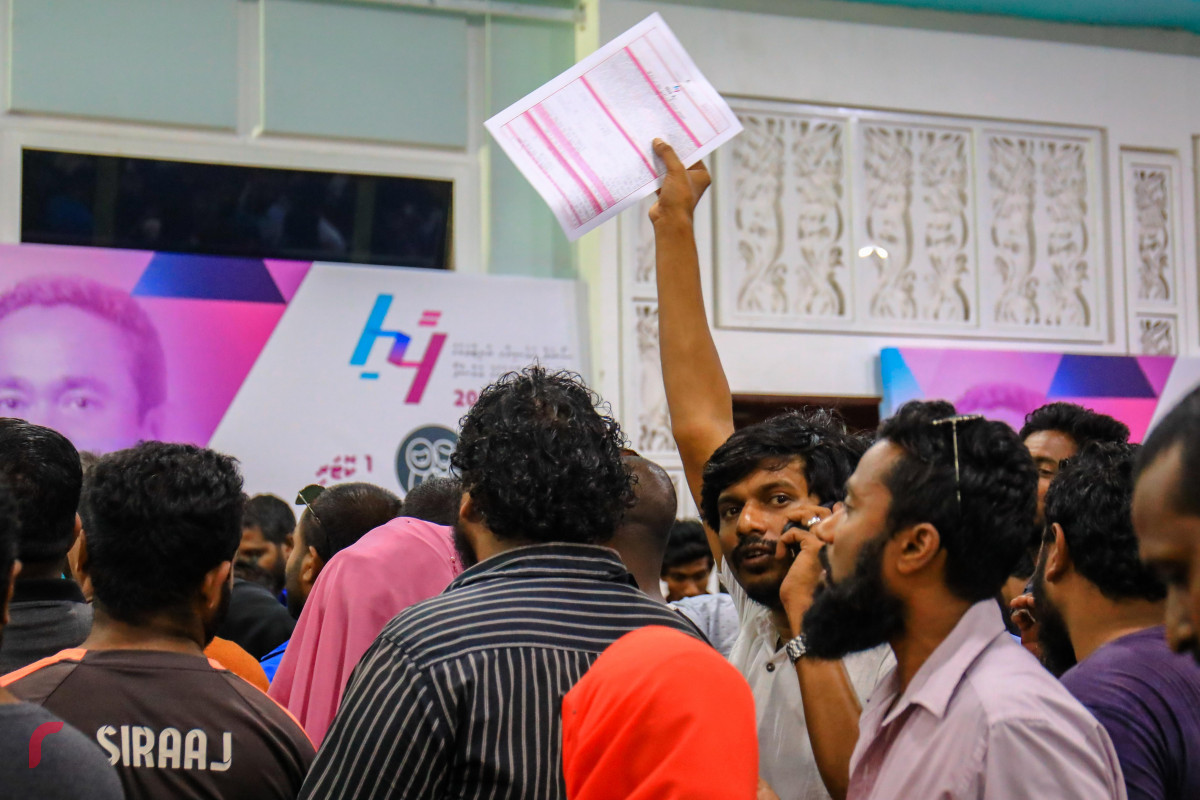Decentralized governance empowers citizens to direct island development: pres.
President took part in the 'Decentralization Policy Coordination Conference'

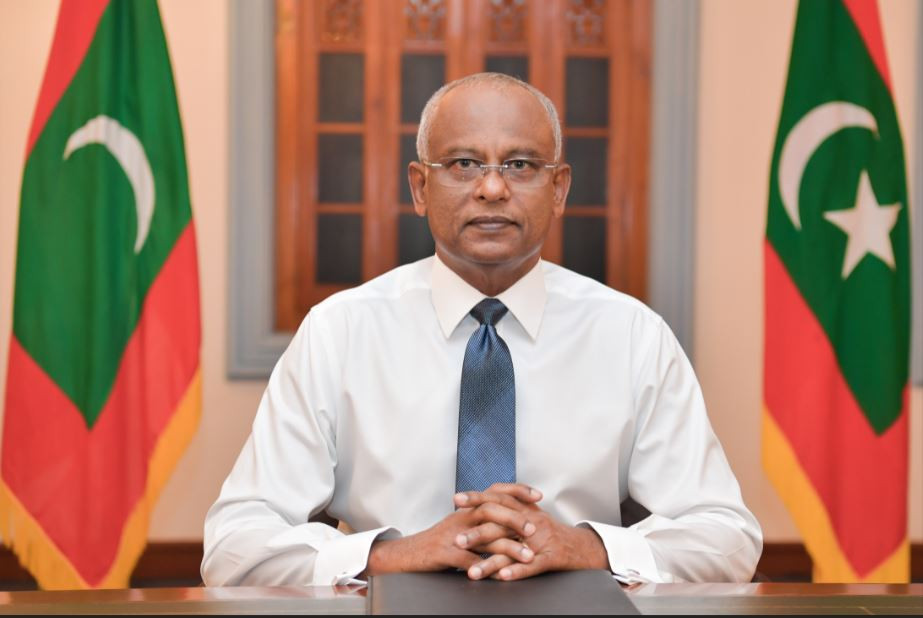
Solih delivering his keynote address at the 'Decentralization Policy Coordination Conference'
For the first time in the country’s history, the incumbent administration’s decentralized governance has brought true empowerment for Maldivians to drive the development of the scatter of islands the archipelago nation comprises of, says President Ibrahim Mohamed Solih.
Delivering his keynote address at the opening session of the 'Decentralization Policy Coordination Conference’ on Tuesday, President Solih stated that this is the first time Maldivian citizens have been empowered to take ownership.
Shedding light on the increase in power vested to local councils through the administration’s amendments to the Decentralization Act, the president noted that the amended legislations include several stipulations that enlighten the role of councilors in the new system.
As such, it empowers councilors with financial independence and the support framework required for the progressions required by island communities as well as cities and atolls they represent.
In addition, the president promised that his administration will provide technical assistance if required, for councils to carry out their mandate. As such, he noted that the government values state institutions supporting local councils.
Different from the previous administration, true empowerment of local councils began with the amendment brought to the Decentralization Act in 2019 which mandated reforms revolving around regional empowerment and social equality, the president noted.
As such, the act currently mandates a quota for female representation in electoral posts, said the president, who added that these reforms will help rationalize governance and pave way for clear positive changes throughout the entirety of Maldives.
Touching down on the benefits of a decentralized system of governance, Solih shed light on the many accomplishments of his administration. In this regard, he noted the government’s efforts to decentralize the health sector as valuable during the dire situation of Covid-19, such as the development of five regional hospitals in the Maldives. These hospitals continue to provide “quality” health services to the citizens.
Held in collaboration with the Local Government Authority (LGA), International Republican Institute (IRI) and the United States Agency for International Development (USAID), the 'Decentralization Policy Coordination Conference' will proceed for two days.

